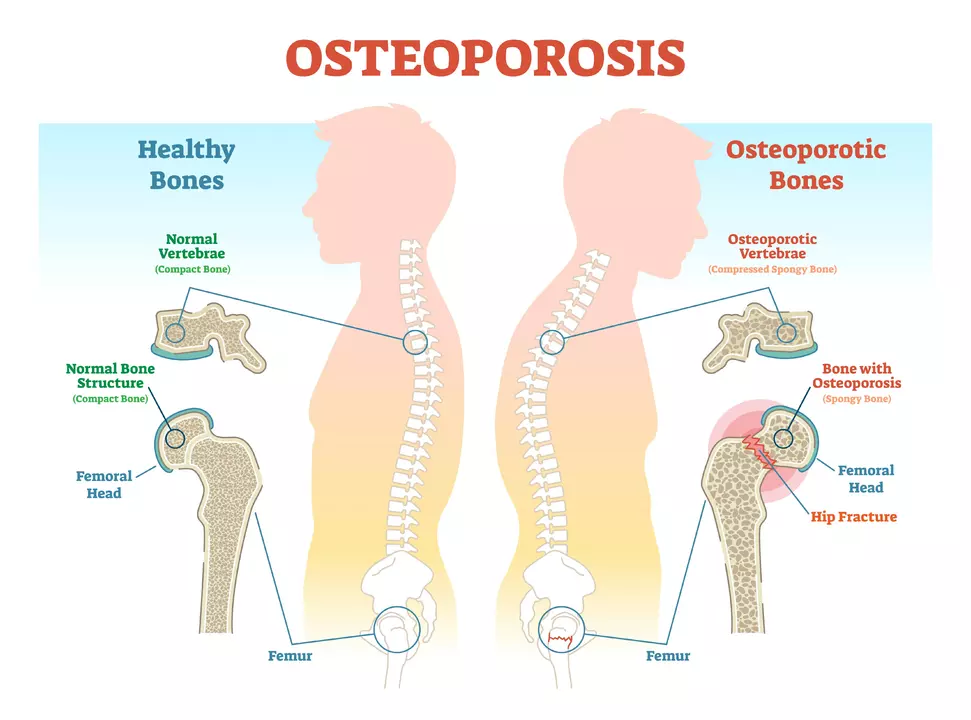Kidney Disease: What It Is and How to Keep Your Kidneys Healthy
Kidneys filter waste, balance fluids, and help control blood pressure. When they’re not working right, you may feel tired, have swelling, or notice changes in urine. That’s kidney disease – a condition that can develop slowly over years or appear quickly after an injury.
What Triggers Kidney Problems?
High blood pressure and diabetes are the top culprits. Both push extra stress on tiny filters inside the kidneys, leading to scarring over time. Other common triggers include chronic use of painkillers, heavy metal exposure, and repeated urinary infections.
Age matters too. As you get older, kidney function naturally declines a bit, so older adults need extra attention. Family history can also play a role; if your parents had kidney disease, you’re at higher risk.
Practical Steps to Protect Your Kidneys
First off, keep blood pressure and blood sugar in check. Simple habits like regular exercise, limiting salty foods, and taking prescribed meds can make a big difference. Drink enough water – aim for about 8 glasses a day unless your doctor tells you otherwise.
Watch what you eat: cut back on processed foods, avoid excess protein from red meat, and load up on fruits, veggies, and whole grains. These choices reduce the workload on your kidneys and lower inflammation.
If you take over‑the‑counter pain relievers like ibuprofen or naproxen often, talk to a pharmacist about safer alternatives. Even natural supplements can affect kidney function, so always check with a health professional before adding new pills.
Stay on top of regular check‑ups. A simple blood test (eGFR) and urine dipstick can catch early problems before symptoms show up. Early detection means treatment options are more effective.
When you notice warning signs – persistent fatigue, swelling in ankles or face, foamy urine, or a sudden change in how often you pee – schedule a doctor visit right away. These clues often mean the kidneys need attention.
Finally, keep stress low. Chronic stress spikes blood pressure, which harms kidney vessels. Practices like short walks, breathing exercises, or hobbies can help keep your numbers steady.
Kidney disease doesn’t have to be a silent threat. By watching your health markers, eating smart, staying active, and getting regular labs, you give your kidneys the best chance to work well for years to come.
- Archer Pennington
- 13
The Relationship Between Osteoporosis and Kidney Disease
As a blogger, I've recently come across an interesting connection between osteoporosis and kidney disease. Osteoporosis is a condition where our bones become weak and brittle, while kidney disease affects our kidneys' ability to filter waste from our blood. It turns out that these two conditions are closely linked, as kidney disease can lead to an imbalance in the minerals needed for bone health. This can result in a higher risk of developing osteoporosis for those suffering from kidney disease. It's essential for people with kidney issues to monitor their bone health and take necessary precautions to prevent or manage osteoporosis.
Read more
